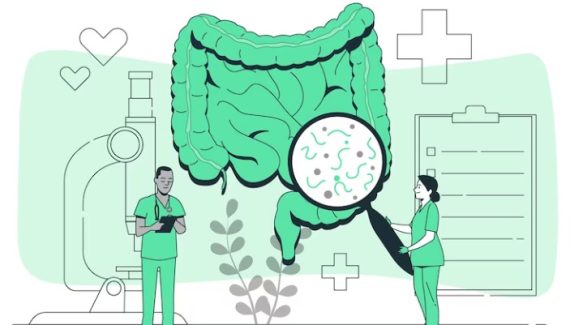In the quest for longevity and vitality, one molecule has emerged as a key player in the science of aging and health: Nicotinamide Adenine Dinucleotide, or NAD+. This vital coenzyme found in all living cells plays a crucial role in metabolic processes, energy production, and the maintenance of our cellular health. As research unfolds, the importance of NAD+ in our bodies becomes increasingly clear, shedding light on why maintaining its levels could be the secret to a longer, healthier life. This article delves into what NAD+ is, its functions, the implications of its decline with age, and how we can potentially boost its levels in our bodies.

Contents
The Essential Role of NAD+
What is NAD+? NAD+ is pivotal in the metabolic processes that convert food into energy. It acts as a coenzyme in redox reactions, facilitating the transfer of electrons in the mitochondria, the powerhouses of our cells. This process is critical for the production of ATP, the energy currency of the cell, which powers almost every cellular activity. Without sufficient NAD+, our cells struggle to generate the energy needed for survival and function properly.
Moreover, NAD+ plays a significant role in DNA repair and the maintenance of chromosome integrity. It is a substrate for several enzymes, including sirtuins, which are involved in the regulation of cellular aging, inflammation, and stress resistance. These functions highlight the importance of NAD+ in promoting cellular health, suggesting that higher levels could enhance longevity and reduce the risk of age-related diseases.
The Decline of NAD+ with Age
One of the hallmarks of aging is the gradual decline in NAD+ levels. Research indicates that as we age, the concentration of NAD+ in our cells decreases, leading to a reduction in metabolic efficiency and an increase in vulnerability to age-related diseases. This decline is attributed to a combination of factors, including increased NAD+ consumption by ADP-ribose polymerase (PARP) enzymes in response to DNA damage and decreased efficiency of NAD+ biosynthesis pathways.
The decrease in NAD+ levels is associated with several aging processes and diseases, such as neurodegenerative disorders, cardiovascular diseases, and metabolic conditions like diabetes. This connection underscores the potential benefits of maintaining or boosting NAD+ levels as a strategy to combat aging and enhance healthspan.
Boosting NAD+ Levels
The promising implications of NAD+ in health and aging have spurred interest in ways to boost its levels. Dietary supplements like Nicotinamide Riboside (NR) and Nicotinamide Mononucleotide (NMN) have gained popularity as precursors to NAD+, which can increase the coenzyme’s concentration in the body. These supplements are being studied for their potential to mimic the effects of calorie restriction, improve metabolic health, and extend lifespan.
Lifestyle factors also influence NAD+ levels. Exercise, for instance, has been shown to increase NAD+ content in muscles, possibly through the activation of enzymes involved in its synthesis. Similarly, fasting and caloric restriction are known to elevate NAD+ levels, further supporting the link between energy metabolism and the aging process.
Challenges and Future Directions
While the potential of NAD+ in promoting health and longevity is compelling, there are challenges and unanswered questions. The long-term effects and safety of NAD+ boosting strategies, such as supplementation with NR or NMN, require more comprehensive research. Moreover, the optimal levels of NAD+ for health and longevity, and how these may vary among individuals, remain to be determined.
Despite these challenges, the ongoing research into NAD+ and its impact on aging and disease offers hope for new interventions that could enhance our quality of life as we age. As we unravel the complexities of NAD+ metabolism and its role in the body, we move closer to developing strategies that might extend health span and potentially lifespan.
The Promise of NAD+ for a Healthier Future
The exploration of NAD+ and its integral role in cellular health, energy metabolism, and aging presents a fascinating frontier in biomedical research. With its decline linked to aging and a spectrum of diseases, maintaining or boosting NAD+ levels emerges as a promising strategy for enhancing health span and preventing age-related decline. While challenges remain in fully understanding and harnessing the potential of NAD+, the ongoing research into this vital molecule holds the promise of unlocking new avenues for promoting health and longevity. As we continue to uncover the secrets of NAD+, the prospect of a healthier, more vibrant future becomes increasingly tangible, making it a topic of immense importance for anyone interested in the science of aging and wellness.


